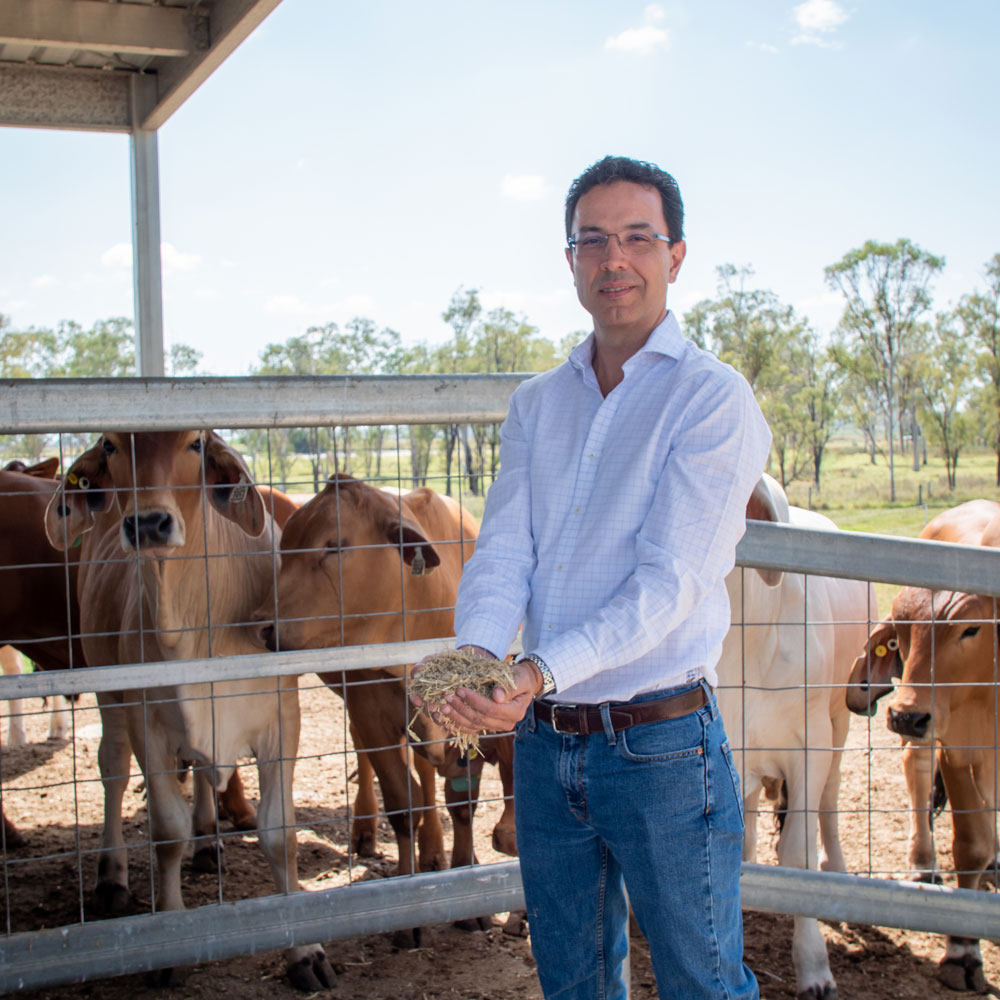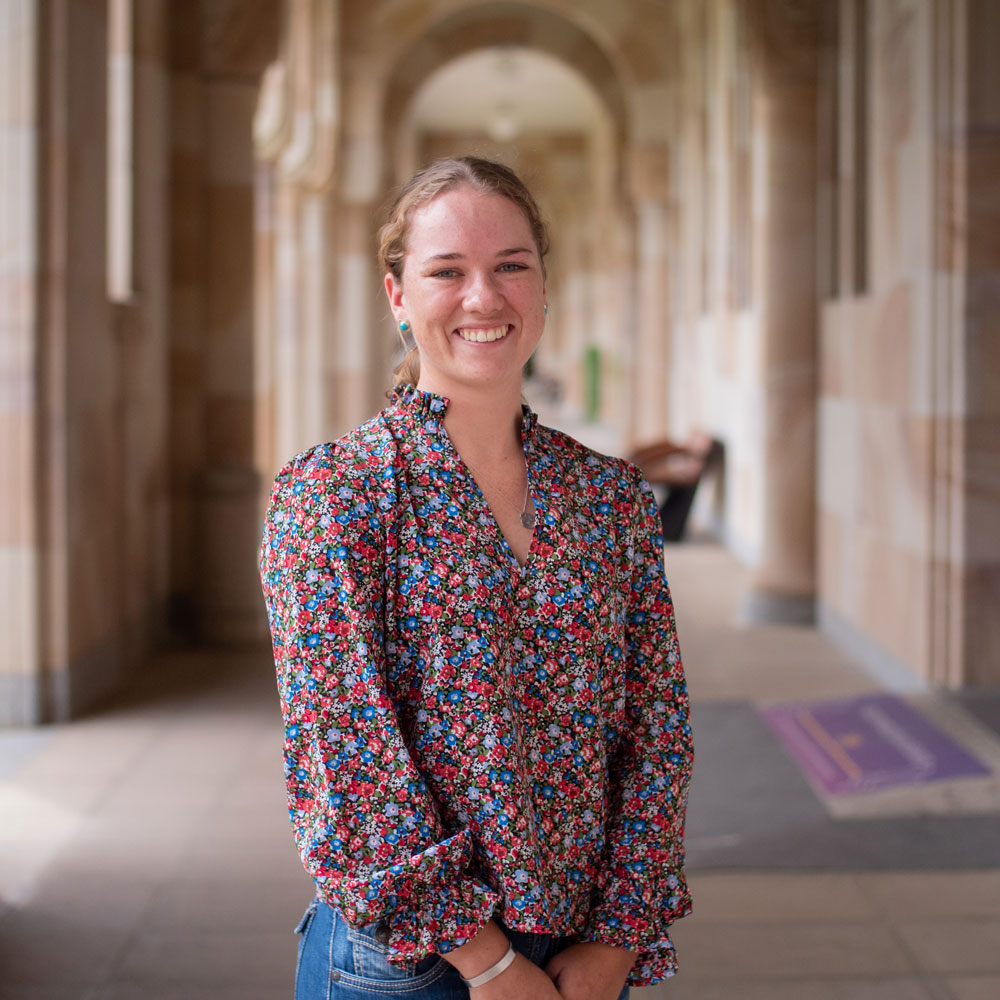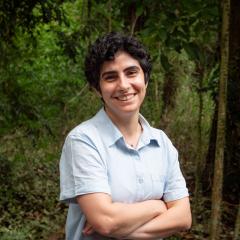A 5-year project delivering practical solutions to improve reproductive efficiency in Australia’s far northern cattle herds is sharing its success.

The Calf Alive project led by The University of Queensland and funded by Meat & Livestock Australia, with support from Feedworks, will outline its findings at a conference in Longreach from November 4 – 6.
Project lead Associate Professor Luis Prada e Silva said the project contributed insights into one of the industry’s most complex problems.
“We found that when pasture conditions are low, strategic prepartum supplementation can lift pregnancy rates, improve calf survival and increase weaning weight,” Dr Prada e Silva said.
“The supplement included yeast extracts, protein and other essential nutrients, with the aim of improving colostrum quality and milk delivery and supporting the cow with additional nutrition through her most demanding phase.
“Small increases in reproductive efficiency have significant cumulative impacts on productivity and profitability over time.
“Targeted feeding helps cows cope in tough seasons so producers don’t need to hold onto empty breeders, which eases the pressure on fragile northern pastures with fewer cows but the same number of calves.”
The team also measured the nitrogen isotopes in tail hair to determine how efficient a cow is in handling protein.
“We hypothesise animals that use nitrogen more efficiently put more of the nutrients into milk and their calves have a higher chance of survival,” Dr Prada e Silva said.
“The Calf Alive project has continued to investigate this link, showing that tail-hair nitrogen testing could give producers a practical, low-cost tool to spot efficient breeders and make earlier, more confident selection decisions.”

Senior Research Assistant Gemma Somerset said the collaboration of producers was the key to Calf Alive’s success.
“We have had 14 different properties involved from Katherine in the Northern Territory to South East Queensland,” Ms Somerset said.
“Nurturing relationships with the producers was so important.
“They’ve allowed us to travel back and forth and become a part of their businesses for years, collecting data, trialling nutritional supplements and even at times staying in their homes.
“Some of the properties involved are family businesses and some commercial, and all are different sizes with different management practices, so we’ve learned a great deal over the life of the project.
“I’ve also formed lifelong friendships and I will have mentors from these collaborations for the rest of my career.”
Dr Prada e Silva said Calf Alive has improved understanding of the benefits of better nutrition during the prepartum period and the ability to select for efficiency.
“Our practical, achievable and results-driven solutions will give producers more flexibility in making decisions about supplementation and selling less efficient cows, as well as building resilience in their herd in the long term,” Dr Prada e Silva said.
“By tackling both the management and biological drivers of calf loss, the project shows how northern beef systems can close the long-standing gap in reproductive efficiency and achieve more sustainable productivity gains.”
Calf Alive receives funding from MLA, The University of Queensland, Feedworks and the Queensland Government via the Department of Primary Industries. The Northern Breeding Business (NB2) and Northern Australia Beef Research Council also support this project through MLA.
Register for the conference here.
Images are available via Dropbox.
Media: Associate Professor Luis Prada e Silva, l.pradaesilva@uq.edu.au, +61 421 833 376; Gemma Somerset, g.somerset@uq.edu.au, +61 429 957 021; QAAFI Media, Natalie MacGregor, n.macgregor@uq.edu.au, +61 409 135 651.
The Queensland Alliance for Agriculture and Food Innovation is a research institute at The University of Queensland, established with and supported by the Queensland Department of Primary Industries.



